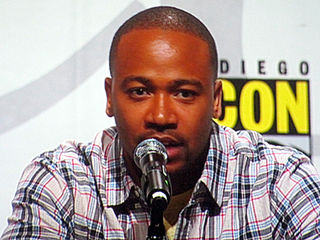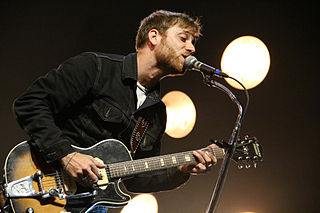A Quote by Columbus Short
You've got to be honest with yourself aesthetically about who could you play. You want to artistically be true to that character.
Related Quotes
It's hard to say what you learn acting a part. You find bits and pieces of yourself that are inside the character you play. You locate the relatable aspects of that character to your own life. So, in a way, every part you play forces you to discover things about yourself you might not have learned otherwise.
Dad could talk about peace and love out loud to the world, but he could never show it to the people who supposedly meant the most to him: his wife and son. How can you talk about peace and love and have a family in bits and pieces - no communication, adultery, divorce? You can't do it, not if you're being true and honest with yourself.
The first thing that happens is the cleansing of the former character. I don't think a lot of actors talk about it, but there is usually a process where you essentially purge yourself of the character played prior to the movie. Then you want to think about what the character represents, and you write down all of the elements about this character and then take the time to find some synchronicity and start breathing the character.



































